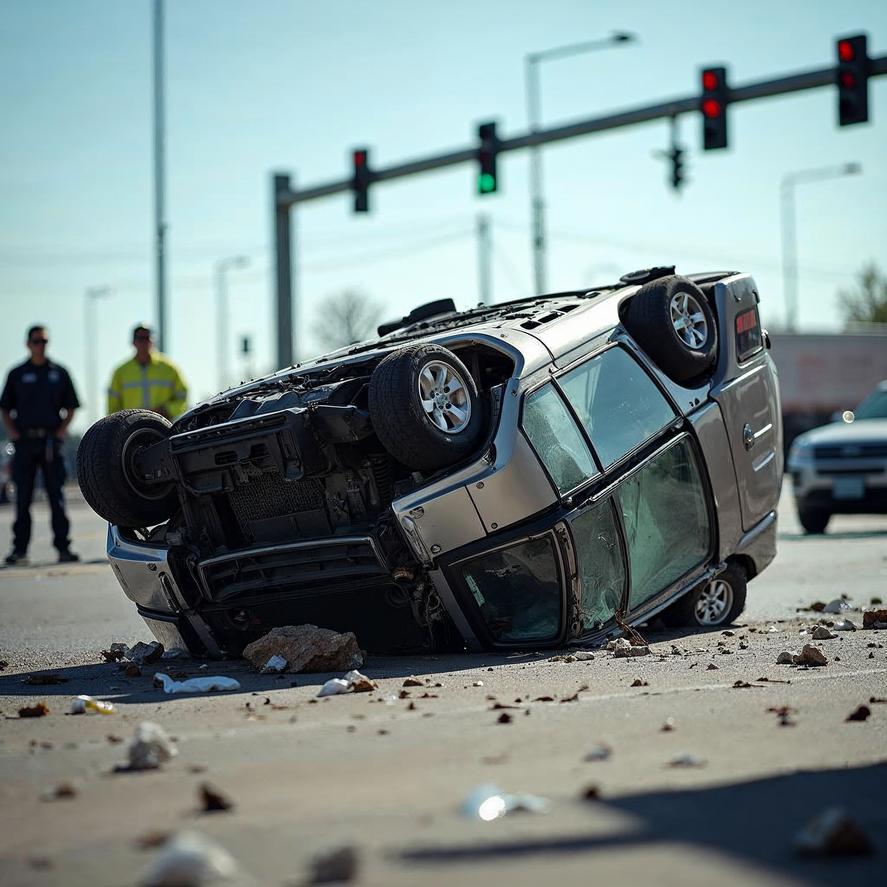
Unfortunately, based on your response, you may not qualify to file a claim. Most personal injury cases must be filed within two years of the accident, in accordance with the statute of limitations. Please consult with a licensed attorney to explore any possible exceptions or additional options.
Rollover accidents are among the most severe types of motor vehicle collisions due to the high risk of injury and damage involved. In Denver, these accidents can occur for various reasons including sharp turns, speeding, collision with another vehicle, or road conditions. It is essential to know how to properly file a claim after a rollover accident to ensure you receive the compensation you deserve.
Your safety and the safety of others involved is the top priority. If you are able, move to a safe location and call emergency services to assess for injuries. Even if injuries appear minor, seek medical evaluation because some symptoms manifest later.
Collecting evidence at the scene is critical. Take photos of the vehicles involved, the surrounding area, skid marks, road conditions, and any visible injuries. Also, gather contact information from witnesses and other parties involved in the collision.
In Denver, you are required to report the accident to the police, particularly if there are injuries or significant property damage. Obtaining a police report can significantly support your claim.
Report the accident to your insurance provider as soon as possible. Be truthful and detailed about what happened, but avoid admitting fault or making statements that could be used against you later.
You will need to compile relevant documents to support your claim such as medical records, repair estimates, police reports, and correspondence with insurance companies. A comprehensive collection of documents helps streamline the claims process.
Claims involving rollover accidents can face hurdles like disputes over fault, delayed medical symptoms, and insurance claim denials. Understanding the common mistakes to avoid can improve your chances of a successful claim. For detailed advice on mistakes to avoid after a motor vehicle accident claim, you can visit this resource.
Be aware of the statutes of limitations for filing personal injury claims in Denver and Colorado. Filing within the allowed timeframe is critical to preserving your right to compensation. You may want to review general time limits for filing claims to ensure you act promptly and avoid missing deadlines.
Filing a claim after a rollover accident can be complex. Insurance companies and other parties may seek to minimize payouts. Accessing professional resources and understanding the claims process can make a substantial difference in your case outcome.
For authoritative safety and accident statistics, you can consult the National Highway Traffic Safety Administration (NHTSA). Their data provides an in-depth look at rollover accidents nationwide.
Filing a claim promptly and carefully is crucial after a rollover accident in Denver, ensuring your rights and recovery prospects are protected.
Unfortunately, based on your response, you may not qualify to file a claim. Most personal injury cases must be filed within two years of the accident, in accordance with the statute of limitations. Please consult with a licensed attorney to explore any possible exceptions or additional options.